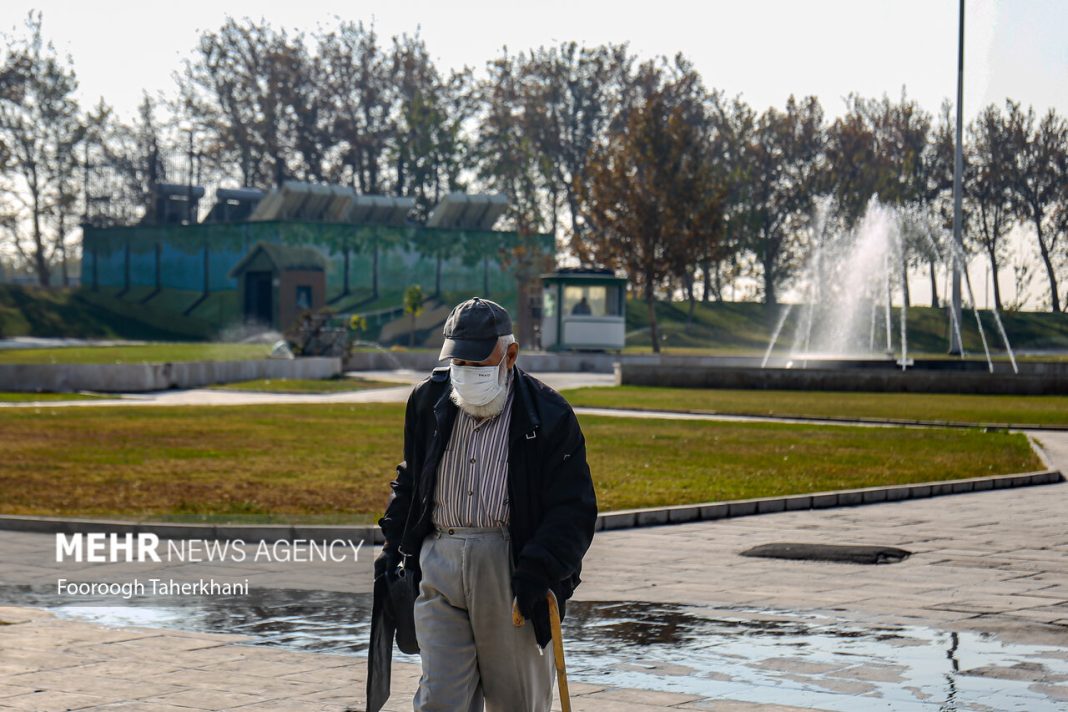He emphasized the human cost of air pollution, which translates into a financial burden estimated between $12 billion and $20 billion, surpassing the projected budget for oil revenue in 2025, which is set at $11 billion.
Zafargandi noted that the loss of ordinary human resources due to pollution has significant economic implications.
His findings have been presented to the government, highlighting the urgent need for action against this pressing issue.
The comments come as all schools in Tehran and many other Iranian cities have been shut down for the last three days due to air pollution.
The Iranian capital is one of the most polluted cities in the world. The air pollution of Tehran in this time of the year is partly blamed on the weather phenomenon known as inversion.
But what is mostly to blame for the Tehran pollution is the huge number of vehicles in the city and the relatively low quality of the fuel they use.
Authorities in Tehran have been trying to reduce the air pollution including halting the burning of mazut for generating electricity. But observers say this measure along will not be able to considerably reduce air pollution in Tehran.
